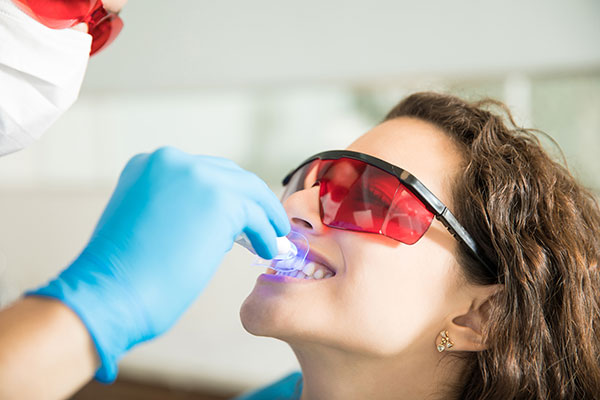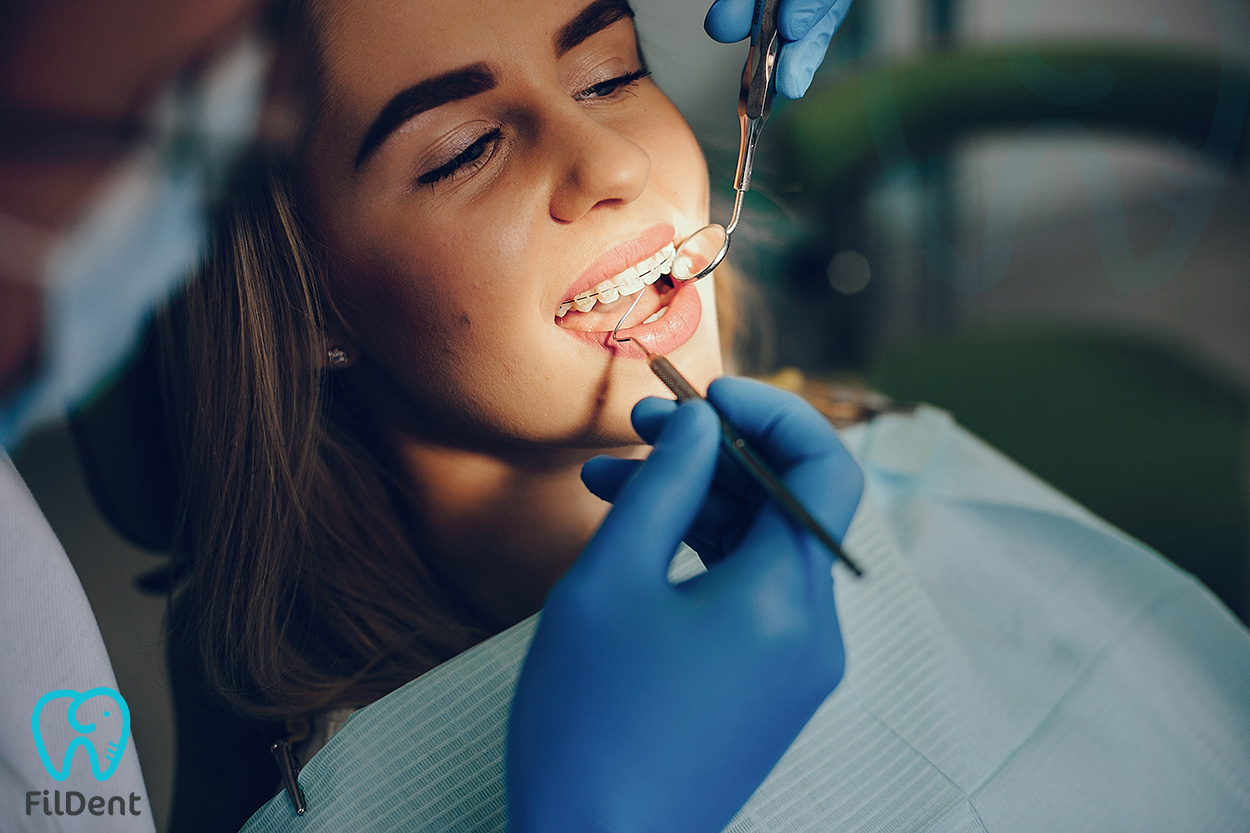

Oral Cancer
Oral cancer occurs when cells in the mouth, both in the lips and in different regions, undergo mutation and change their DNA structure. To understand oral cancer, we need to briefly explain what DNA is and what it does. DNA are structures that convey what a cell will do and when.
A cell cannot be without DNA; we can say that DNAs are the cells’ brains. The primary purpose of a mutated cell is to reproduce. In this way, the mutated abnormal cell divides rapidly and includes the normal cells around it. Many cells that divide die, so they become unable to perform their activities. Oral cancer also progresses in this way. If left untreated, cancer that begins in the lip, for example, rapidly grows to the chin, neck and head. Developing cancer cells can turn into many different diseases, such as tumors. If serious progress is made, this type of cancer can cause loss of life.Oral cancer is generally seen in the flat and thin cells that cover the inside of the mouth called squamous. The root cause of the mutation is still unknown. According to what specialist doctors say, the following can be done to prevent this cancer; not using cigarettes, cigars and any other tobacco products, quitting if they are used, not using alcohol if not going to excessive use, leaving lips not too proud of the sun’s rays, paying attention to cleaning in order not to cover HPV side Human Papilloma Virus during sexual intercourse, adequately and balanced for a robust immune system consumption of foods. These are measures that can be taken against mouth cancer.
What are the Symptoms of Oral Cancer?
Oral cancer is a type of cancer that does not show itself quickly and is noticed by patients after development is completed. Therefore, you must go to physicians for regular examinations. Symptoms of mouth cancer are lip and mouth sores that do not heal. Since healthy cells are needed to heal wounds, you should not disrupt your health problems that do not go long. Visible white or red spots on the gums, tongue or inside your mouth, loose and shaking teeth, growth or swelling in a specific area, continuous pain in the gums, tongue or any area in the mouth, difficulty chewing and swallowing, numbness in the mouth, loss of sensation. It is among the symptoms of mouth cancer.
How Is Oral Cancer Treated?
In oral cancer, all abnormal cells in the area where the cancer is located must be removed due to surgical operation. For the tumor to be cleaned entirely, many tissues can be taken from your mouth, if necessary, a part of your tongue, such as your jawbone. If it is further enlarged and the spread is advanced to a large extent, it may require a more extensive surgical operation. If positive results are obtained, it is possible to regain your lost tissues after treatment. If oral cancer has spread to a great extent, many tissues or organs may need to be removed. The mouth can be reconstructed thanks to a surgical operation called mouth reconstruction. If the patient loses vital functions such as eating, talking, eating, it can be restored through oral reconstruction treatment. While doing this, many transplants such as skin tissue, muscle tissue and bone grafts may be required from different parts of your body.Suppose the patient has lost his teeth after oral cancer treatment. In that case, he can regain his teeth with various prostheses and implant treatments. These teeth are not natural but artificial. You can get more detailed information by reading the articles on our site for implants and prostheses.Apart from surgical operations;
- Radiation therapy: It is used to kill cancer cells, thanks to the developed X-rays.
- Chemotherapy treatment: It is a treatment that aims to kill cancer with chemical drugs. It can be used to support radiation therapy if necessary.
- Immunotherapy treatment: a type of treatment that uses your immune system to kill cancer cells. It is generally used in patients who do not recover despite all the above treatments.
